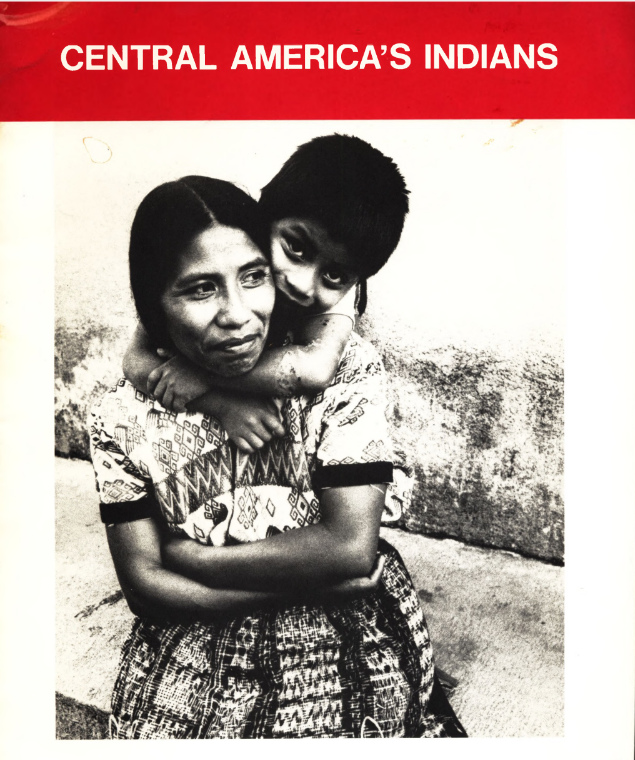Environment
St Lucia is one of the Windward Islands. of the Lesser Antilles This island nation is located in the eastern Caribbean Sea on the boundary with the Atlantic Ocean. It lies north of the islands of Saint Vincent and the Grenadines and south of Martinique. It has a total land area of 620 square kilometres.
History
The first inhabitants of St Lucia were the indigenous Kalinago (Caribs) who had originally settled on the islands across the Caribbean and were noted for the fierce resistance they mounted for more than a century against attempts at European colonization.
Saint Lucia is named for the Roman Catholic Saint Lucy of Syracuse. It was first visited by Europeans in about the year 1500 and first colonized successfully by France who signed a treaty with the indigenous Kalinago (Carib) peoples in 1660. Over the next two centuries Africans were brought in to provide slave labour on the agricultural plantations.
England took control of the island from 1663 to 1667 before going to war with France fourteen times over it. The British finally assumed complete control of St Lucia in 1814. Representative government came about in 1924.
From 1958 to 1962 the island was a member of the Federation of the West Indies. In February 1979 Saint Lucia became an independent state within the Commonwealth.
St Lucia boasts the highest ratio in the world of Nobel laureates based on total population. Sir Arthur Lewis won the Nobel Prize in Economics in 1979, and Derek Walcott received the Nobel Prize in Literature in 1992.
Governance
Executive power is in the hands of the prime minister and his cabinet. The prime minister is usually the head of the winning party of the 17 seat House of Assembly. The second chamber of parliament, the Senate, has 11 appointed members. As a Commonwealth Realm, Saint Lucia recognizes the British monarch as the head of state represented on the island by a governor-general.
The island depends to a large degree on banana exports and is highly vulnerable to changes to its protected market in Europe. Second only to bananas, is tourism which is vital to St Lucia’s economy. St Lucia has also been able to attract foreign business and investment in offshore banking services and its manufacturing sector is the most diverse in the Eastern Caribbean.
